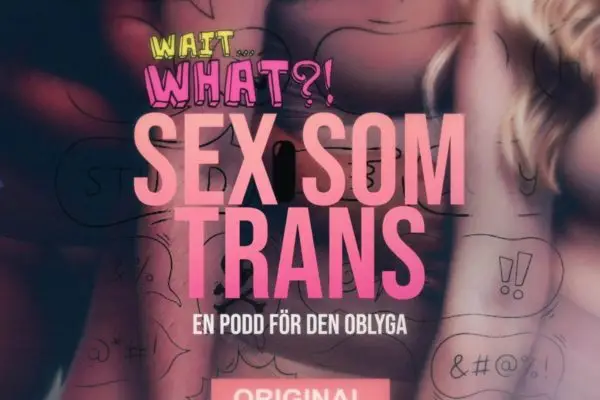I was given a book the other day, as I was leaving my talk on SA and HBTQ. Honestly I didn’t expect much but it looked interesting enough.
The book was “Holy censorship or mistranslation?” By K. Renato Lings and I learned once again that you should never judge a book by it’s cover. The book masterfully surveys the language used about gender and sexuality throughout the Hebrew and Greek scriptures and compares to a plethora of mainstream English translations answering the titular question: is it a mistranslation or censorship?
So, Disclaimer, I was given the book for free. I am, however under no obligation to give this book a stellar review, This treasure of a book has earned that entirely on it’s own merits and I cannot recommend it highly enough.
At first I felt that the pacing of the arguments was a bit rushed and haphazard not understanding that this was just scratching the surface of some of the linguistic faced when translating scripture. What came after the introduction was a veritable feast of carefully and exquisitely laid out consideration of most if not all of the classic clobber verses used to justify the exclusion and marginalisation of LGBTQ+ persons throughout history.
Throughout the pages of this amazing book Ling tackles each of the problematic areas of scripture in a carefully selected order, where each step builds on the next allowing Ling to explain very complex topics in a way that makes sense to the lay person while still giving enough depth for the scholar to be satisfied.
As a queer theologian I felt that the subject was treated very conservatively compared to the books I am used to. In this case I think it is one of the greatest strengths of the book. Where some very strong arguments for LGBTQ inclusion could be made Lings simply presents the facts and humbly suggests possible ways to understand the text leaving the application of the conclusions to the reader. This in my opinion makes this book accessible to theologians from all traditions regardless of their stance on LGBTQ issues.
This book is unapologetically true to the source material and refuses to take any liberties to skew the reading in favor of one interpretation over another. I found myself having to let go of some of my favorite queer readings (Ruth and Boaz) and at the same time discovering the joy of a much more robust understanding of the source material.
I found myself wanting to get out all my different bible translations and compare what choices the translators made to get a better understanding of how that has shaped my reading of the text over the years.
One of my absolute greatest takeaways from Lings book was the robust exposition of gender issues in Genesis chapter one and two. This, for me, opened up a whole new way of talking about how we view humanity and gender within the Christian tradition. That, I feel will be an entire blog post in itself: so stay tuned.
If you love scripture and if you would like a deeper understanding of the source material, the original languages and what choices where made in translation of the ancient texts, you will love “Holy censorship or mistranslation?” By K. Renato Lings.






